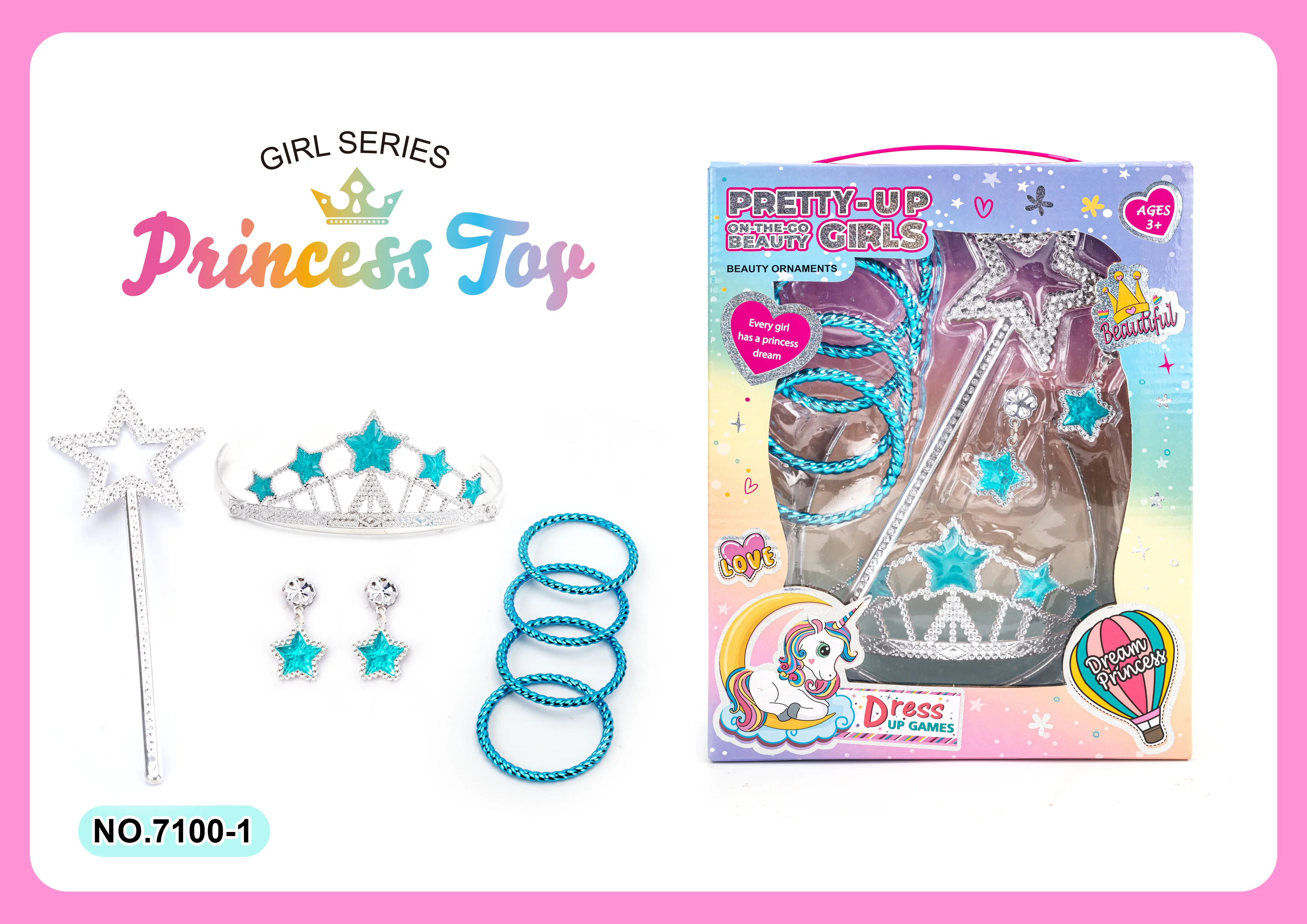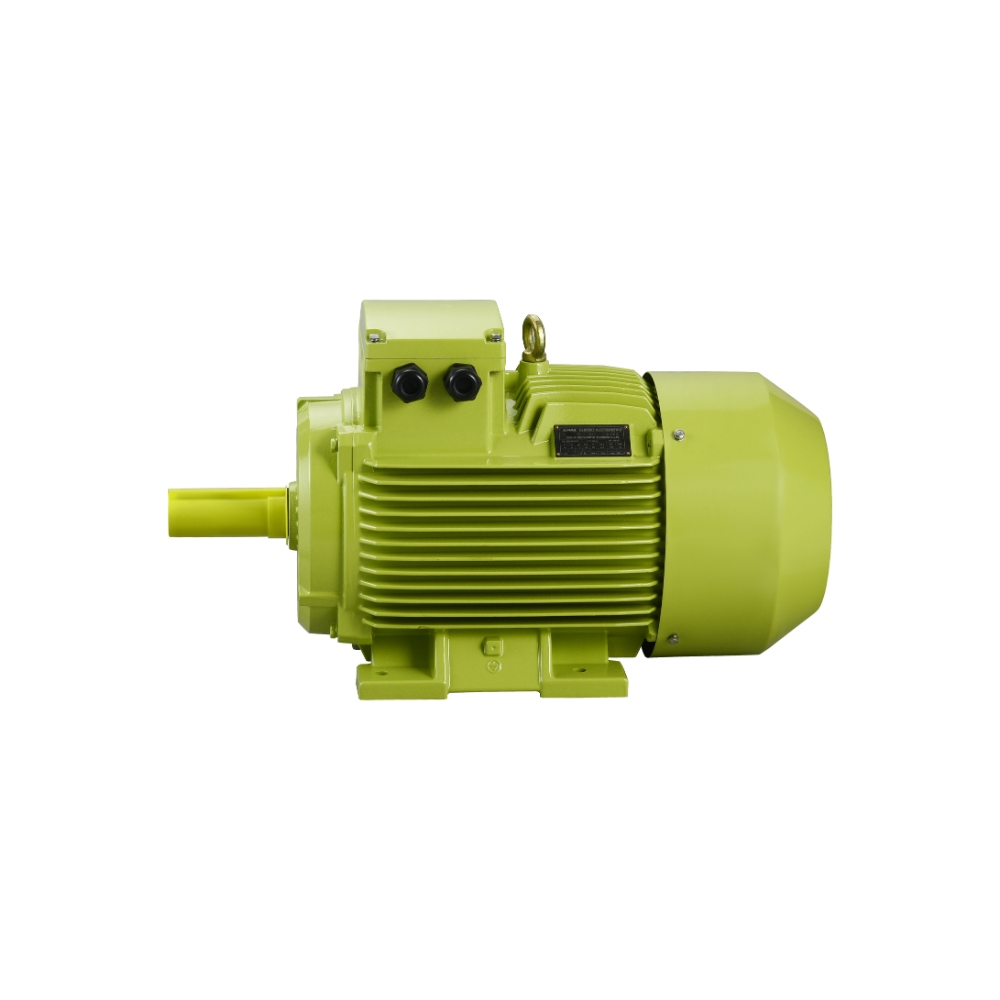The Ultimate Laundry Showdown: Baking Soda vs. Vinegar – Which One Reigns Supreme?
When it comes to laundry, many of us are on a quest for the perfect solution to achieve cleaner, fresher clothes without relying on harsh chemicals. Among the myriad of household items that promise to enhance our laundry experience, baking soda and vinegar stand out as two of the most popular contenders. But which one is truly better for laundry? In this article, we will delve into the properties, benefits, and potential drawbacks of both baking soda and vinegar, providing you with a comprehensive understanding to make an informed choice.
Understanding the Chemistry
Before we dive into the practical applications of baking soda and vinegar in laundry, it’s essential to understand their chemical compositions and how they interact with fabrics and stains.
Baking Soda (Sodium Bicarbonate): This alkaline compound has a pH of around 9, which allows it to neutralize odors and break down stains. When dissolved in water, baking soda releases carbon dioxide, which can help lift dirt and grime from fabric fibers. Additionally, its mild abrasive properties make it effective for scrubbing away tough stains without damaging the fabric.
Vinegar (Acetic Acid): Vinegar, particularly white distilled vinegar, is an acidic solution with a pH of around 2-3. Its acidity helps to dissolve mineral deposits, soap scum, and even some types of stains. Vinegar also acts as a natural fabric softener, reducing static cling and leaving clothes feeling softer. Furthermore, its antibacterial properties can help eliminate odors and kill certain types of bacteria.
Benefits of Baking Soda in Laundry
- Odor Neutralization: Baking soda is renowned for its ability to neutralize odors. It can effectively tackle smells from sweat, mildew, and smoke, making it an excellent choice for athletic wear and towels.
- Stain Removal: Its mild abrasiveness allows baking soda to lift stains from fabrics without causing damage. It works particularly well on greasy stains when combined with water to form a paste.
- Color Brightening: Baking soda can help brighten whites and colors, making it a popular addition to laundry detergents. It can enhance the effectiveness of your regular detergent, leading to cleaner clothes.
- Eco-Friendly: As a natural product, baking soda is non-toxic and safe for the environment, making it a preferred choice for eco-conscious consumers.
Benefits of Vinegar in Laundry
- Fabric Softening: Vinegar acts as a natural fabric softener, reducing static cling and leaving clothes feeling softer. This is particularly beneficial for towels and blankets.
- Stain Removal: Vinegar can effectively break down certain types of stains, such as those from coffee, wine, and grass. Its acidic nature helps dissolve the bonds that hold stains to fabric.
- Odor Elimination: Like baking soda, vinegar is excellent at neutralizing odors. It can help eliminate musty smells from clothes that have been stored for a long time.
- Color Preservation: Vinegar can help set colors in fabrics, preventing them from bleeding during washing. This is particularly useful for new clothes that may bleed dye.
Potential Drawbacks
While both baking soda and vinegar have their advantages, there are some considerations to keep in mind.
- Baking Soda: Overuse of baking soda can lead to a buildup of residue on fabrics, which may require additional rinsing. Additionally, it may not be as effective on certain types of stains, particularly those that are acidic in nature.
- Vinegar: While vinegar is generally safe for most fabrics, it can weaken elastic fibers over time. It’s also important to avoid using vinegar on natural stone surfaces, as its acidity can cause damage.
The Verdict: Which is Better for Laundry?
The answer to whether baking soda or vinegar is better for laundry largely depends on your specific needs and the types of stains or odors you are dealing with.
- For Odor Control: Baking soda is often the go-to choice due to its superior odor-neutralizing properties.
- For Stain Removal: Vinegar excels in breaking down acidic stains, while baking soda is better for greasy stains.
- For Fabric Softening: Vinegar is the clear winner, providing a natural alternative to commercial fabric softeners.
- For Brightening and General Cleaning: Baking soda can enhance the effectiveness of your detergent and brighten clothes.
Conclusion
In the battle of baking soda versus vinegar for laundry, both have unique benefits that can enhance your laundry routine. For optimal results, consider using them in tandem: add baking soda to your wash cycle for odor control and stain removal, and use vinegar as a fabric softener in the rinse cycle. By understanding the strengths of each, you can create a laundry regimen that is both effective and environmentally friendly. Ultimately, the choice between baking soda and vinegar comes down to personal preference and the specific laundry challenges you face. Happy washing!




